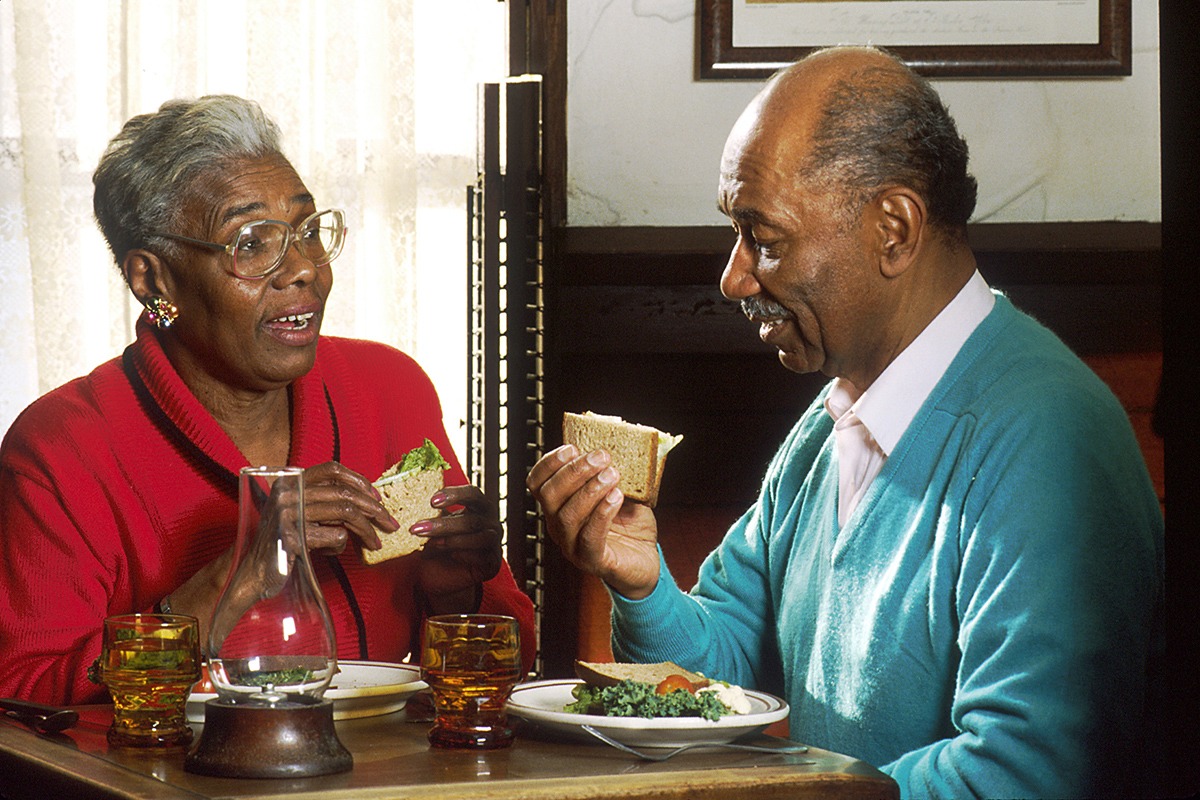There are 5+ million Americans living with Alzheimer’s disease. And 16+ million Americans who provide unpaid care for those with either Alzheimer’s or other forms of Dementia according to the 2020 Alzheimer’s Disease Facts & Figures report. Well over half (57%) of those family caregivers in the community have provided care assistance for 4+ years.
Although caregivers report having a positive feeling about their caregiving, such as enjoying the family togetherness and the satisfaction of being helpful, they also frequently report a higher level of stress caused by their caregiving duties.
Alzheimer’s and other Dementias like Vascular, Lewy Body, Fronto Temporal, Parkinson’s disease, Hippocampal Sclerosis, and Mixed Pathologies Dementia all pose special challenges that can impact the caregiver mightily. As the Dementia journey progresses for the person living with the disease, they may experience an increase in loss of judgment, orientation to time and place, and the ability to understand and/or communicate effectively.
Thus, the caregiving family member must often help/guide their person by managing these issues.
Supportive Structure
If your person living with Dementia had a lifestyle structure before their diagnosis like, rising early and having a cup of coffee while reading the daily news before walking the family dog; caregivers are encouraged to support the continuation of that routine for as long as possible. At times, caregivers may need to cue or remind, but ensuring that the familiar rhythm is maintained actually has a high impact on those with cognitive impairment.
Keep in mind, don’t we all have personal routines throughout our lives?
Whether it’s sleeping late on Saturday, doing laundry on Monday or playing tennis every Wednesday….humans tend to be creatures of habit. Sure, the routines and rhythm may change throughout our lifetime, but having them and maintaining them within a caregiver and care receiver relationship is beneficial for those on both sides of the equation.
Keeping up with a personal routine for those with Dementia provides a sense of comfort and control, as they may be personally struggling to maintain memory. Encouraging and supporting them to continue with their long-standing habits for daily structure can be calming while also keeping them focused.
Creating a Dementia Friendly Routine
For those living with Dementia, it’s not uncommon for them to lose the ability to plan, initiate, and complete tasks, as their journey advances. This triggers further confusion, embarrassment, and an increased need for others to assist them. Increased anxiety often occurs when they are in ‘new-to-them’ situations that feel unfamiliar.
Caregivers are encouraged to ‘tap-into’ familiar habits and schedules that their loved one always had, when constructing the rhythm of their days. Here’s an example:
- Your husband had a professional career and wore a shirt & tie to work. He carried a briefcase and enjoyed going to the Diner downtown every Friday for their famous fish sandwich and a root beer float.
DEMENTIA-FRIENDLY DAY:
- Continue to replicate this routine early in his journey by supporting his desire to still wear a shirt and tie each day, even though he doesn’t work anymore. Keep his briefcase in plain sight and filled with familiar papers, files and other items that he would still recognize. He can carry it if he wants or rummage through it anytime, while you just go-with-the-flow and embrace that desire, which probably brings him a familiar comfort. And consider going to the downtown Diner on Fridays as much as possible, so he can enjoy his favorite fish sandwich and root beer float.
- Later in his journey, this routine may need to be modified a bit. If he struggles to dress himself, you may have to assist him with his shirt and tie in the morning. Instead of going downtown to the Diner, you could replicate the meal at your home so he can still enjoy the flavors.
- There may come a point when that routine isn’t appropriate anymore. He may stay in his pajamas most days and has lost his interest in fish sandwiches. However, he still may enjoy rifling through or rearranging the papers in his briefcase. Therefore, by providing and prompting him with those items, you are creating a personalized routine that is reminiscent of his former habits.
Familiarity
Those with Dementia can thrive on familiarity. By maintaining a care environment filled with recognizable routines, items, and activities, it allows them to be comfortable and calm. They can even preserve control and independence well into their disease this way.
And for the family caregiver, you’ll find that when the days are structured to support the familiar habits of those in your care, you will benefit too! Having a consistent rhythm can alleviate agitation and anxiety that stems from having too much unstructured time.



